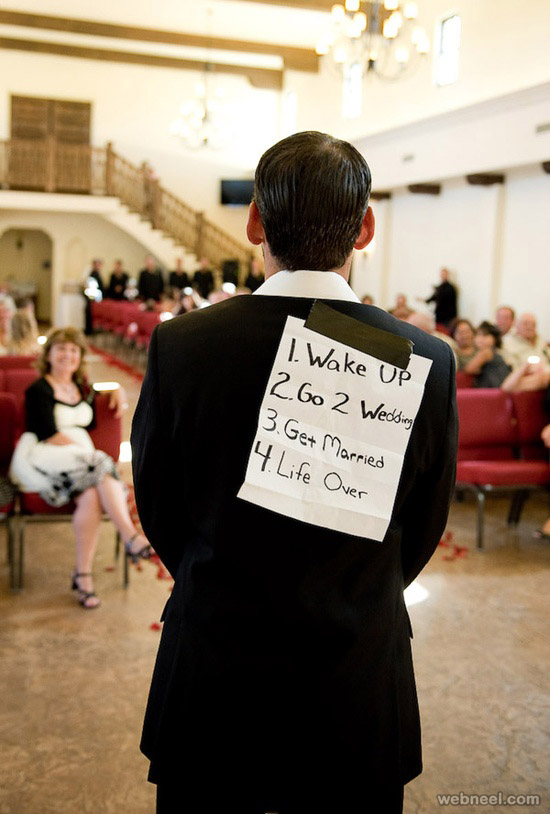 When I first heard this quaint little idiom, I think my mom
was referring to 1) the room I shared with three other brothers, 2) my sock
drawer, or 3) a carry out order I had forgotten about in the trunk of my dad’s
Pontiac sedan. Regardless, I sensed
immediately it was not a compliment!
That’s the thing about odors and fragrances…they don’t keep a secret
very well. They tend to make whatever
causes them to go public very quickly.
When I first heard this quaint little idiom, I think my mom
was referring to 1) the room I shared with three other brothers, 2) my sock
drawer, or 3) a carry out order I had forgotten about in the trunk of my dad’s
Pontiac sedan. Regardless, I sensed
immediately it was not a compliment!
That’s the thing about odors and fragrances…they don’t keep a secret
very well. They tend to make whatever
causes them to go public very quickly.
Throughout God’s word, fragrance is used to signify an
offering or outpouring of worship to God, either through a sacrificial act of
obedience or an expression of deep devotion.
King David knew this when he wrote,
“Let my prayer be set before You as incense, the lifting up of my hands
as the evening sacrifice.”
(Psalm 141:2).
Here the image of prayer as a fragrance is used
metaphorically to describe something sweet that rises to God from our hearts
when we draw near to Him.
A more literal example of the aroma of worship is found in
the New Testament in the gospel of John. It is the familiar story of Mary
anointing Jesus as a PDA, one which elicited responses of praise and disgust
from those in attendance.
Six days before the Passover celebration began, Jesus arrived in
Bethany, the home of Lazarus— the man he had raised from the dead. A dinner was prepared in Jesus’
honor.
Martha served, and Lazarus was among those who ate with him.
Then Mary took a
twelve-ounce jar of expensive perfume made from essence of nard,
and she
anointed Jesus’ feet with it, wiping his feet with her hair.
The house was filled with
the fragrance.
But Judas Iscariot, the disciple who would soon betray him, said,
“That perfume was worth a year’s wages.
It
should have been sold and the money given to the poor.”
Not that he cared for the poor—he was a thief,
and since he was in charge of the disciples’ money, he often stole some
for himself.
Jesus replied, “Leave her alone. She did this in preparation for my
burial.
You will always have the poor among you, but you will not always have
me.”
(John 12:1-8 NLT)
To the object of her affection, Mary’s gift was a sweet
smelling aroma which filled the room and publically announced that this Man’s
life and love were worthy of costly adoration.
To the hypocritical onlookers, it was a stench which reeked of
wastefulness and self-indulgence. Surely
there were more worthy beneficiaries (the poor, perhaps their own coffers) than
this commoner from Nazareth. Isn’t it
interesting how quickly we move to judgment of others’ expressions of devotion
when they seem to surpass or even call into question our own?
Then there are the application passages which speak of our
very lives being a fragrance to God, much like the life of Jesus himself, whose
obedience was received by His father as a kind of incense. Paul writes to the Ephesian Christians:
“Live a life filled with love, following the example of Christ.
He loved us and offered himself as a sacrifice for us, a pleasing aroma
to God.
(Ephesians 5:2 NLT)
And like most fragrances, we can expect different reactions
from different recipients. To the church
at Corinth, Paul wrote:
“But thank God!
He
has made us his captives and continues to lead us along
in Christ’s triumphal
procession.
Now
he uses us to spread the knowledge of Christ everywhere, like a sweet perfume.
Our lives
are a Christ-like fragrance rising up to God.
But this
fragrance is perceived differently by those who are being saved and by those
who are perishing. To those who are perishing, we are a dreadful smell of death
and doom.
But to those who are being saved, we are a life-giving perfume.”
(2 Corinthians
2:14-16 NLT)
The next time you are tempted to criticize someone else’s
act of worship or life of devotion to Christ, remember that God has designed our love toward Him to leave an
impression on others. Hopefully, what comes from that will smell to high
heaven. Sweet! tad





